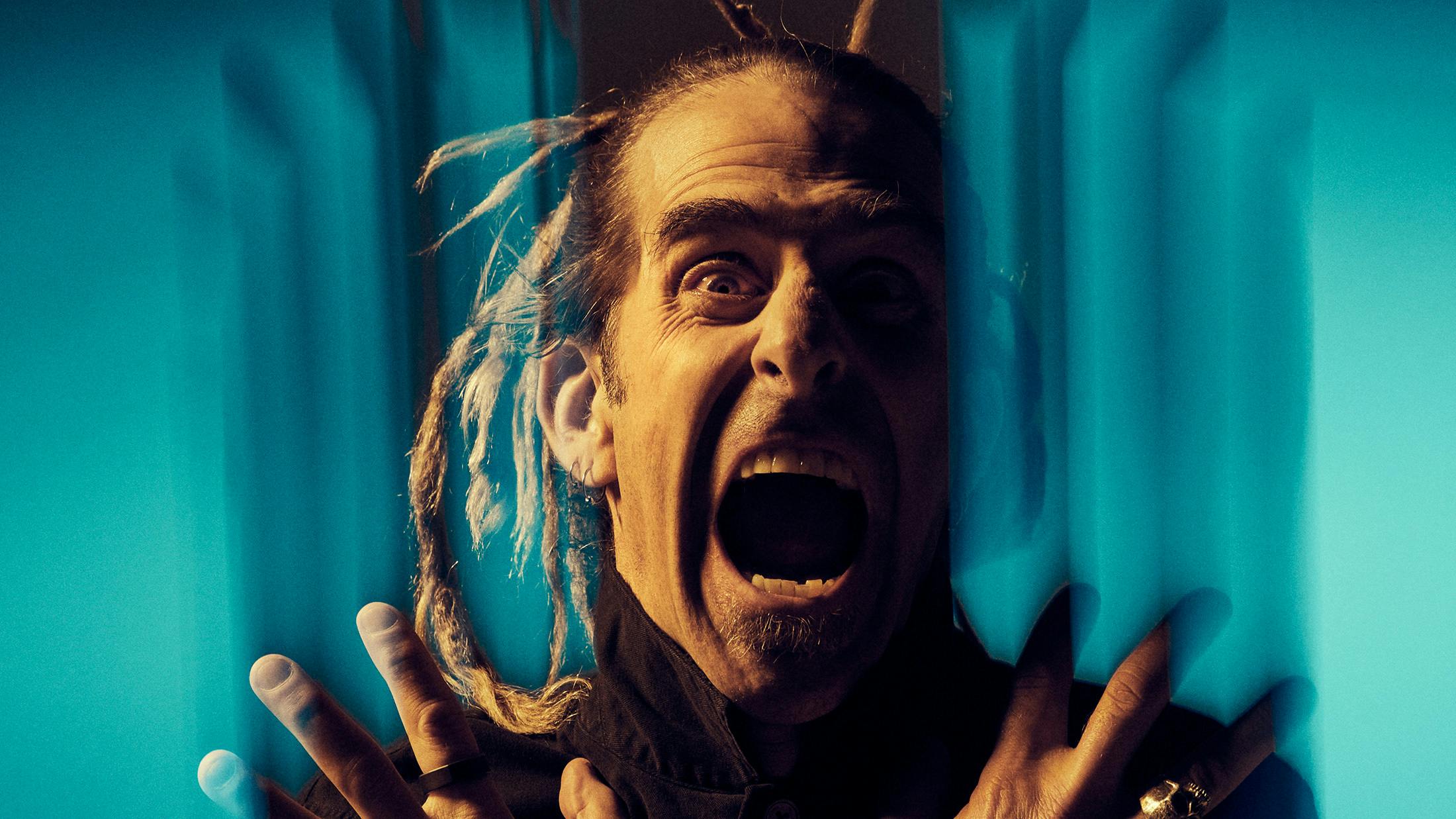After years of rampant hell-raising, the decision to get sober was transformative for Randy, but it also led to a bittersweetness when he stumbled upon the ghosts of the past.
“This is one of the songs I’m proudest of, lyrically, which chronicles an important part of my existence. It was written maybe not even a year after I’d gotten sober, when I was taking a look at myself, trying to clear some of the wreckage of my past. We were recording in New York, and I did a lot of walking around the city at night. I’d go to places that had a lot of history for me: places where I did a lot of drinking and a lot of drugging. There is a part of the song specifically about CBGB’s, where I was walking down the Bowery one night and I looked at this building and thought, ‘I know this place!’ It was a men’s clothing place where CBGB’s had once been. I looked in the window and I could still see the bar and smell the beer. In my mind, I could still remember the times that we had there. It was a very important place in our musical history. It’s in the lines: ‘I keep walking past the places I was born in / Now their faces are blank, shiny, and dead…’ As I was writing the lyrics in the studio, though, I realised that I couldn’t afford to romanticise those times too much, otherwise I could slip back into them. It’s about trying to be a better person and resisting romanticising unhealthy aspects of your own past. Yes, now a lot of those places are shiny and dead, where once they were so dirty and alive, but that life was killing me!”
